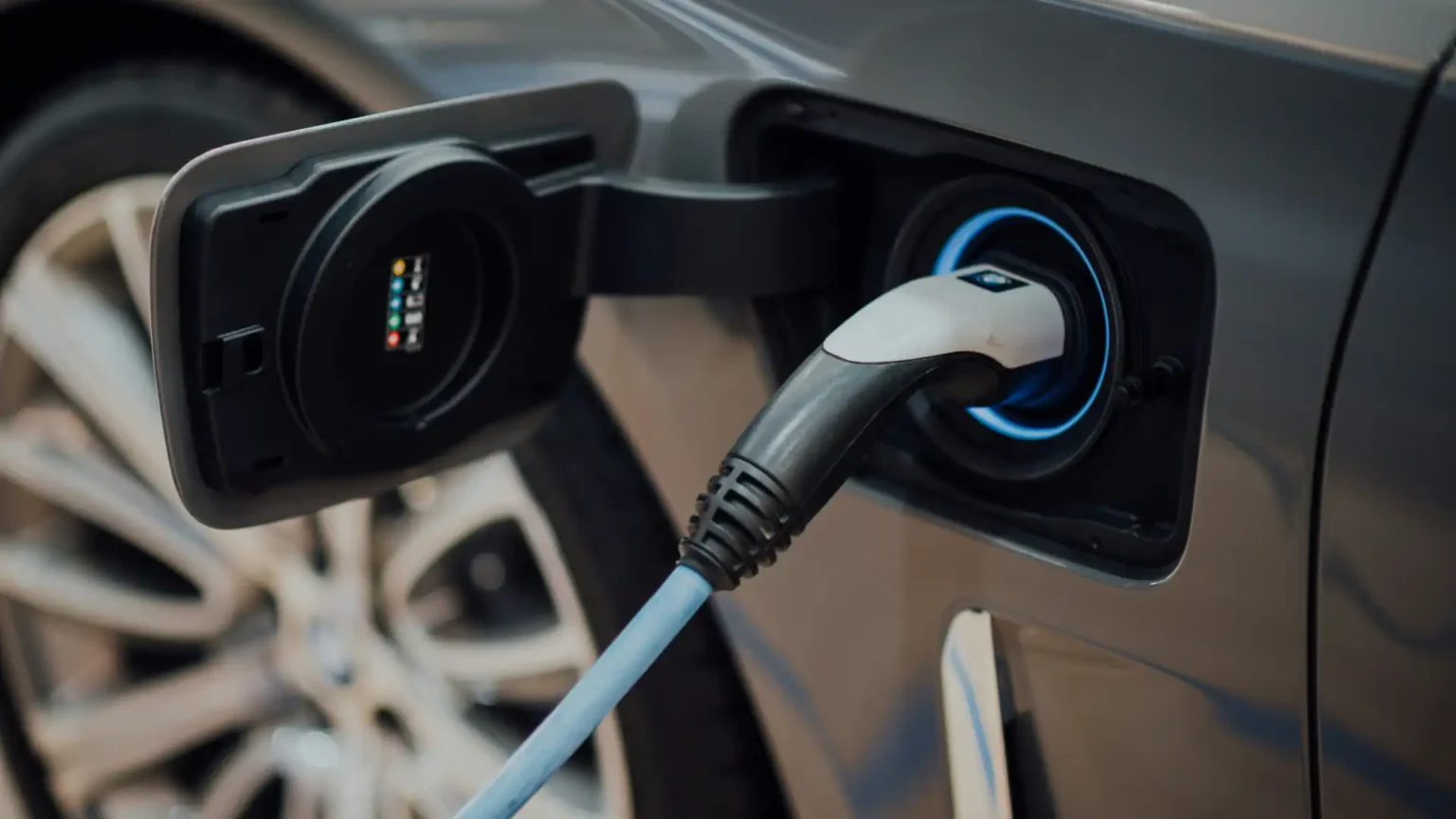With the rapid rise in electric vehicle (EV) adoption, many New Zealanders are embracing cleaner, quieter, and more efficient cars. However, a new issue has emerged: reports indicate that some EV owners aren’t paying their fair share of road user charges (RUC). This has raised questions about whether stricter penalties are needed to ensure compliance. But what exactly are these RUCs, why are some EV drivers avoiding them, and how might the government respond?
Let’s delve into the current situation and explore what the future might hold for New Zealand’s EV owners when it comes to road user charges.
What Are Road User Charges?
In New Zealand, road user charges (RUC) help fund the maintenance and development of the country’s roads. Traditionally, RUCs have applied to vehicles that don’t contribute to fuel excise taxes, namely diesel-powered vehicles. Since EVs also bypass fuel taxes, they too are subject to RUCs.
To encourage the uptake of clean energy vehicles, the government has provided an RUC exemption for fully electric vehicles for several years, making EV ownership more affordable and supporting New Zealand’s climate goals. However, this exemption is set to end in March 2024. From that point on, EV owners will be required to start paying RUCs, much like diesel vehicle owners.
Why Are Some EV Owners Avoiding These Charges?
While the RUC exemption has been an effective incentive for EV adoption, recent reports suggest that some EV owners are not complying with RUC requirements, even after the exemption ends. According to the NZ Herald, nearly 12,000 EV owners failed to pre-pay for their first block of RUCs by the May 31 deadline in 2023. This non-compliance could be due to a lack of awareness, confusion about the evolving policies, or simply a belief that EVs aren’t being monitored as strictly as diesel vehicles.
Another factor may be the shift in mindset required as EVs transition from being incentivised to being integrated into the regular road funding system. Without a long-standing history of paying RUCs, some EV owners may not yet feel a sense of responsibility or urgency to comply with these new requirements.
Currently, EV owners who fail to pay their RUCs face a $200 police fine and a 10% penalty on any unpaid charges. However, with non-compliance still an issue, additional measures may be on the horizon.
Government Response and Potential Penalties
The government is well aware of the compliance issue and is likely to take steps to enforce RUC payments once the exemption ends. While specific measures haven’t been confirmed, stricter penalties and more rigorous enforcement strategies are likely.
One approach under consideration is closer collaboration with Warrant of Fitness (WoF) inspection stations. By requiring proof of paid RUCs during regular vehicle inspections, the government could create an additional enforcement layer, ensuring non-compliant drivers are caught early.
Another possible solution is leveraging digital technology for enforcement. Automated number plate recognition (ANPR) systems or other forms of digital tracking could help monitor whether EVs on the road have paid their RUCs, similar to systems used for toll enforcement.
How Stricter Enforcement Could Affect EV Adoption
While enforcing RUC compliance is necessary to fund road maintenance fairly, stricter penalties could have unintended consequences for EV adoption. One of the primary incentives for early EV adopters has been the RUC exemption, and its removal may make EV ownership less financially attractive, especially if compliance is seen as complex or costly.
If stricter enforcement creates a perception of additional costs or administrative hassle, it could discourage some drivers from making the switch to EVs. This may slow down New Zealand’s transition to a greener transportation system, which is essential for meeting the country’s sustainability goals.
Public Reaction and the Future of RUCs for EVs
Public opinion on this issue is likely to be mixed. Many drivers understand the need for all road users to contribute to infrastructure costs, as EVs still place wear and tear on roads. However, some EV owners—particularly those who adopted early—may feel frustrated by the end of the RUC exemption, especially if the transition to paying RUCs isn’t managed smoothly.
In response, some experts suggest that a tiered RUC system could be a fair compromise. Under such a system, fully electric vehicles might pay a lower RUC rate compared to diesel vehicles, recognising their environmental benefits while still ensuring they contribute to road funding. This could help balance the government’s goals of encouraging EV uptake while maintaining road infrastructure.
Balancing EV Growth and Fair Road Funding
As New Zealand prepares to phase out the RUC exemption for EVs, both the government and drivers are entering a new phase of road funding. While stricter penalties and enforcement measures may be necessary to ensure compliance, the challenge will be to implement these in a way that doesn’t deter EV adoption.
EVs are crucial to New Zealand’s sustainable future, but fair road funding is also essential to maintain the infrastructure that all road users rely on. Finding the right balance between encouraging EV growth and ensuring equitable contributions to road maintenance will be key to supporting both New Zealand’s environmental goals and its transport infrastructure.
In the coming months, EV owners can expect more information from the government about compliance requirements and potential penalties. In the meantime, those considering EV ownership should stay informed about these developments to understand the full picture of EV costs and responsibilities in New Zealand.




